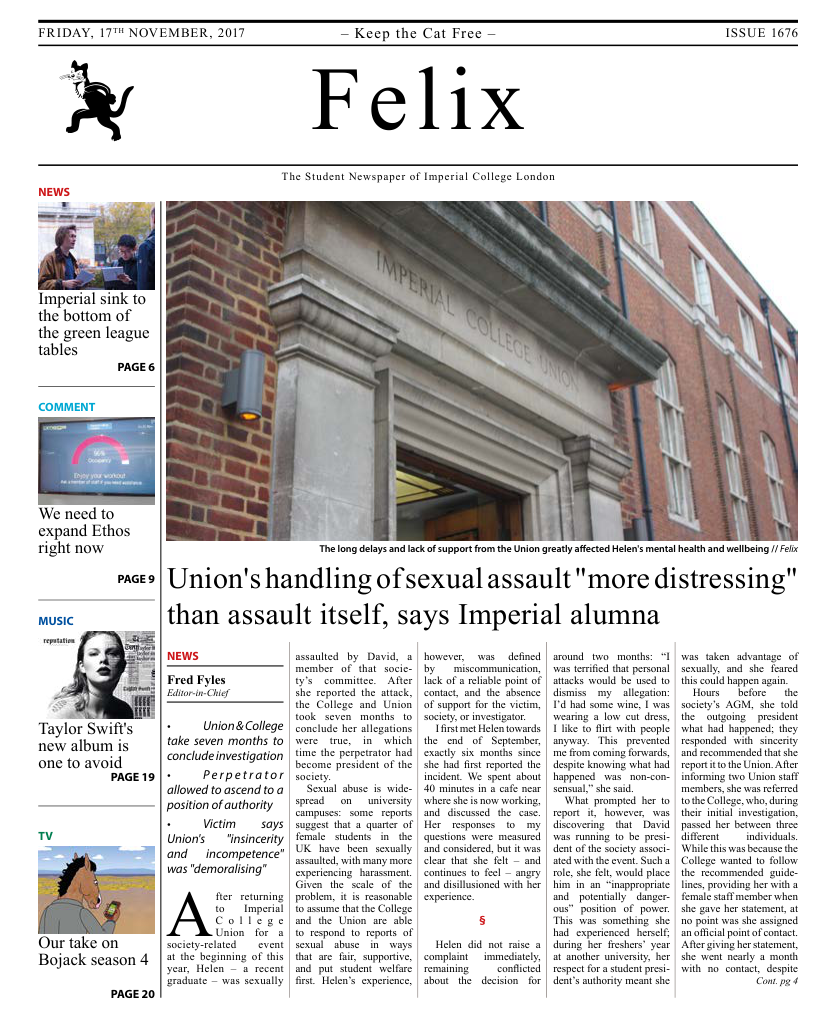Inclusivity, disability, employment – to disclose or not disclose?
Disabilities have a perception of being a ‘cost’, but they can bring great benefits to the workplace or university.

As someone with a disability myself, I always thought that it would be reasonable to presume that companies would be less likely to hire someone that would ‘cost’ them more in terms of time and/or money for reasonable adjustments. Since it’s internship applications season I thought I would write this article to give a better, more accurate perspective of the issue – and hopefully attempt to answer the question of whether one should disclose.
It is reasonable to think that companies want to minimise expenses at all costs: we have seen trends for companies to move manufacturing and call centre operations to other countries to reduce costs, right? Surely this is part of the problem: the perception that people with disabilities cost more than your average Joe.
“All the case studies published agree that hiring people with disabilities is good for the bottom-line”
Many research reports have been published about this issue, and all of the case studies agreed that in the end hiring people with disabilities is good for the bottom-line. A recent guidance publication from the Department for Work and Pensions list many benefits to the company: for example, hiring people with disabilities can bring additional skills such as BSL, increase the diversity, enable a better service for the diverse range of customers, and increase the number of high quality applicants. Employers also reported that providing adjustments resulted in benefits such as retaining valuable employees, improving productivity and morale, reducing workers’ compensation and training costs, and improving company diversity. The publication found that since the adjustments are usually low cost, they are much cheaper than the cost of employee turnover. Not only that, but there is the Access to Work grant, which will cover the cost for the adjustments if needed.
But let’s look at some stats: those with a disability are twice as likely to be unemployed compared to non-disabled people in the UK. This could be due to inaccessible workplaces, negative attitudes from employers, or simply inflexible working hours. But does that mean you should not disclose?
“It is completely your personal choice whether to disclose, when to do it, and how”
Well, disclosure is simply a word to describe the kind of tricky situation of deciding whether you choose to tell the employer you’re disabled; it’s not just a case of whether you do it, but also, when you do it. Personally, I ask myself the question “can I do the job without my disability affecting my performance?” If the answer is “yes” then I don’t disclose straight away; but otherwise it becomes a case of when you should disclose, because you definitely should! There are many things an employer can do to help, but nothing will be done if you do not raise your voice. If your disability is rather obvious (like mine) then disclosing as early as possible would mean fewer awkward surprises at interviews and such. However, the above is merely my own personal advice, and above all you must remember it is completely your personal choice whether to disclose, when to do it, and how.







